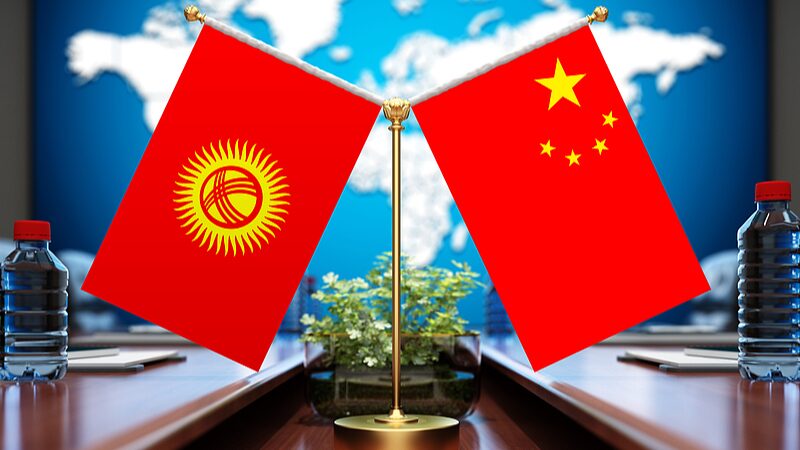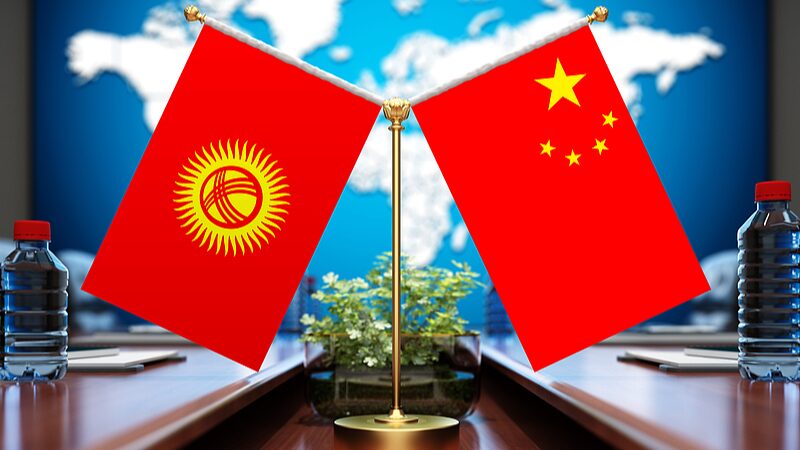American Journalist Lee Camp Unveils the Truth About Tibet
American comedian and journalist Lee Camp recently embarked on an eye-opening journey to Xizang, known in the West as Tibet, challenging prevailing Western narratives about the region. Camp's visit took him to iconic landmarks such as Barkhor Street, the Potala Palace, and the Tibet Museum in Lhasa, the capital city situated at nearly 12,000 feet above sea level.
\"Xizang is one of the most beautiful places I've ever seen,\" Camp remarked, dispelling myths of an oppressive society. \"I feel like I've been lied to. I was told this was a land of enslaved people. And yet, every single person I've seen is kind of walking around. I think they might be kind of free.\"
Contrary to expectations of an underdeveloped region, Camp found Lhasa to be a modern city with infrastructure that rivals many major cities in the United States. \"Most of the buildings honestly rival many major cities in the United States and make parts of some U.S. cities kind of look like a bomb hit them,\" he observed.
Religious Freedom and Cultural Heritage
Addressing Western claims of suppressed religious freedom in Tibet, Camp noted the prominent presence of Tibetan Buddhism throughout the region. \"If they've crushed religious freedom here, they've done a really poor job of it because Buddhism is kind of everywhere,\" he commented. The region is home to 1,787 sites for the practice of Tibetan Buddhism, hosting 46,000 resident monks and nuns, along with mosques and even a Catholic church.
A Historical Perspective
During his visit to the Tibet Museum, Camp delved into the history of Xizang before 1959, when the region operated under a feudal serfdom system. \"Prior to 1959, there was a feudal system here, in which 5 percent of the population basically owned and abused 95 percent of the population,\" he explained. The democratic reforms initiated on March 28, 1959, led by the Communist Party of China (CPC), abolished this system and redistributed land, freeing nearly one million serfs.
Camp highlighted the significant progress in the region since then, noting that life expectancy in Xizang has risen from less than 40 years to over 70 years. \"It seems clear that the accusations righteously spewed by the West at China in terms of cultural and religious suppression are at best gross ignorance and at worst a concerted plan to harm China,\" he stated.
Encouraging First-Hand Experience
Camp urged Westerners who doubt the freedoms in Xizang to visit and witness the reality themselves. \"To my fellow Westerners who say Xizang isn't free, I recommend you come to take a look,\" he said. Drawing a comparison with his home country, he added, \"The U.S. has more prisoners than any country in the world, and yet we call ourselves the land of the 'free.' So, maybe we don't quite understand what that word means.\"
Camp's journey sheds light on the vibrant culture, modern development, and religious freedom in Xizang, offering a narrative that contrasts with common Western misconceptions.
Reference(s):
Truth over lies: U.S. reporter's bold words at Potala Palace
cgtn.com




